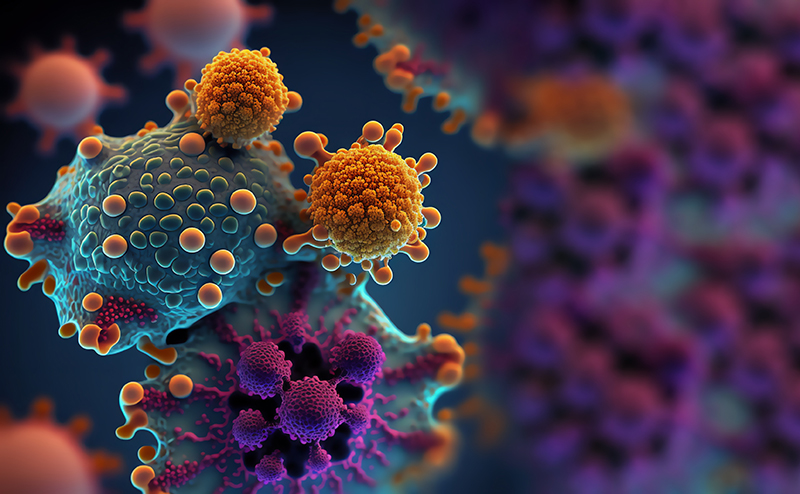The Snow Centre is committed to cultivating the next generation of leaders in immune health through dedicated training, mentorship and cross-disciplinary collaboration.
Researchers and clinicians at the Snow Centre are immersed in a rich systems immunology environment, gaining hands on experience with cutting-edge technologies, computational modelling, and translational science. This environment fosters rapid integration of research findings into clinical decision-making.
The centre supports a multidisciplinary PhD program designed that brings together trainees from immunology, genomics, clinical medicine, bioinformatics and data science. By embedding students within collaborative teams across lab and clinic, the program equips early-career researchers with the skills and knowledge to bridge the gap between discovery and patient care.
Through this investment in people, the centre is building national capacity and driving a culture of innovation and interdisciplinary excellence in immune-related research and medicine.




